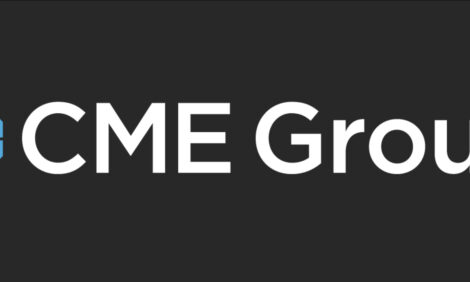



Weekly Overview: Shuanghui-Smithfield Agreement Grabs Industry Attention
ANALYSIS: News that China’s Shuanghui Foods has bid for Smithfield Foods of the US has given pig industry watchers plenty to talk about over the last few days. In Russia, Cherkizovo Group has reported a net quarterly loss, citing difficult trading conditions, while HK Scan of Finland has acquired a company that will give it exclusive rights to the genetics that form the basis for a popular Swedish pork product.Shuanghui International of China and Smithfield Foods have agreed to a “strategic combination”. The new leading global pork enterprise will have greater access to the large and growing Chinese market and retain world-leading food safety and quality control standards.
Smithfield Foods, Inc. and Shuanghui International Holdings Limited last week announced that they have entered into a definitive merger agreement that values Smithfield at approximately US$7.1 billion, including the assumption of Smithfield's net debt.
With its base in the US, Smithfield Foods is the world's leading vertically integrated pork processor and hog producer.
Shuanghui International is the majority shareholder of Henan Shuanghui Investment & Development Co., which is China's largest meat processing enterprise and China's largest publicly traded meat products company as measured by market capitalisation.
Under the terms of the agreement, which has been unanimously approved by the boards of directors of both companies, Shuanghui will acquire all of the outstanding shares of Smithfield for US$34.00 per share in cash.
C. Larry Pope, president and chief executive officer of Smithfield, commented that it is a great transaction for Smithfield stakeholders, American farmers and US agriculture. It will be business as usual - only better - at Smithfield, he added.
Shuanghui chairman, Wan Long, commented: "The acquisition provides Smithfield the opportunity to expand its offering of products to China through Shuanghui's distribution network. Shuanghui will gain access to high-quality, competitively-priced and safe US products, as well as Smithfield's best practices and operational expertise. "
Commenting on the announcement, one leading market analyst said that the full impact on the US pork industry of the merger is not yet known.
Purdue Extension agricultural economist, Chris Hurt, stressed that the agreement still has to be approved in both countries and he warned that the merger is not without risk. Large corporations do not always adapt to rapidly changing global markets and there may be a negative reaction by US producers and consumers, he said. Furthermore, the differences in social and political policies could prevent the merger being finalised.
Other analysts have indicated the deal could be a significant development for US exports. Steve Meyer and Len Steiner of CME Group report this could be the largest Chinese purchase of a US company to date; one estimate puts the value of Smithfield Foods at US$7.1 billion.
They point out that Shuanghui intends to leave Smithfield’s management in place and has no plans to make changes in Smithfield’s operations, while the latter’s CEO, Larry Pope, has said that the company would not close any facilities and will leave all employee agreements in place.
Finally, Meyer and Steiner say that while Smithfield is the top US packer and pig producer, these a drop in the ocean compared to China’s pig numbers and pork production and consumption.
Turning to other news, Finnish meat group, HKScan, has acquired Swedish Nordic Genetics, giving the company exclusive rights to Nordic Genetics' NG Hampshire genetics, which form the basis for the well-known Swedish pork, Scan Piggham.
Russian meat processor, Cherkizovo Group, has reported a net loss of US$600,000 despite an eight per cent increase in sales for the first quarter of 2013 compared to the same period last year.
CEO Sergei Mikhailov, explained that it was an extremely challenging period for all meat manufacturers in Russia, with grain prices reaching historic highs in February while pork prices declined throughout the quarter.
“Even the most efficient industrial pork manufacturers, including Cherkizovo, were forced to sell hogs below production cost,” he said.








